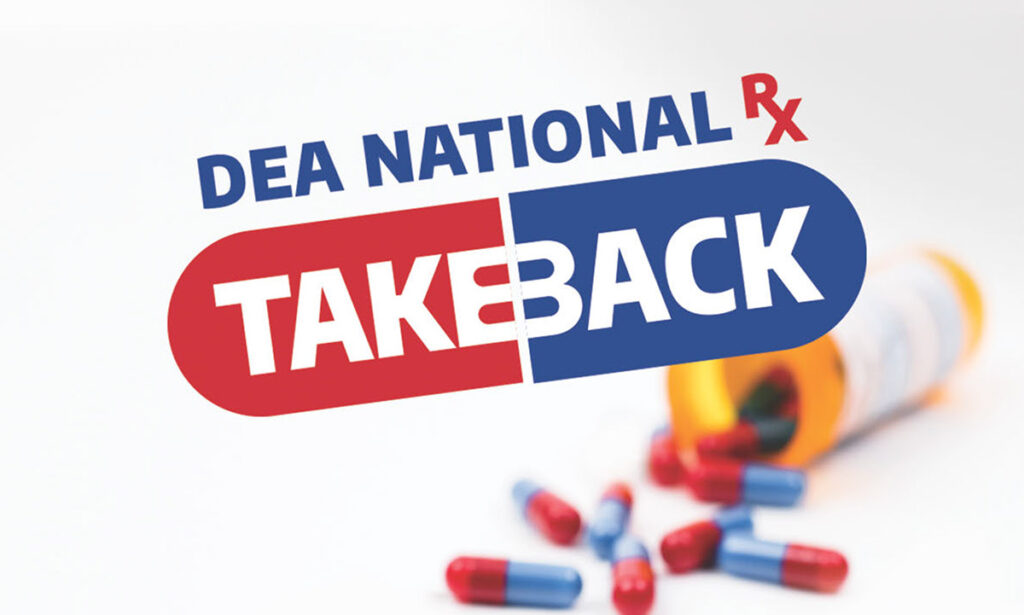Prescription opioids can be an effective way to treat pain immediately after surgery or in patients with cancer. However, taking opiate painkillers over the medium or long term can cause significant problems, including opioid abuse and addiction. Demerol is a commonly prescribed opioid for acute pain, but its highly addictive potential makes it an unsafe choice for many people. Learn about the risks of Demerol addiction as well as Demerol rapid detox treatment.
What Is Demerol (Meperedine)?
Demerol is the trade name for the chemical meperidine hydrochloride and is available in tablets and an oral solution. The oral solution is manufactured to taste like bananas to make it more pleasant to take. Demerol is also injectable. Doctors often prescribe Demerol injections to patients undergoing surgery or other medical procedures.
Demerol travels throughout your body, binding to any opioid receptors it finds along the way. Opioid receptors are found throughout your brain and body. When activated naturally (such as with the release of endorphins), they trigger a euphoric feeling and painkilling effect. Demerol is an opioid agonist, meaning that it binds to opioid receptors and activates them to respond. Because Demerol is about ten times more potent than morphine, it has powerful analgesic (painkilling) and euphoric effects. As a result, this opioid drug’s strength is part of what makes it appealing to people who abuse this medication.
Demerol Side Effects
Demerol use comes with a host of side effects. Some of these are minor, while others may be life-threatening. The most common side effects include:
- Lightheadedness
- Dizziness
- Nausea and vomiting
- Sweating
- Sedation or fatigue
- Constipation
- Loss of appetite
- Weakness
- A headache.
- Dry mouth
- Itching sensations
- Flushed face or skin
- Less frequent urination
- Drowsiness
- Loss of interest in sex
- Slowed breathing
Demerol can also affect your mood—many people who take the drug report feeling euphoric immediately after taking it. However, longer-term use can lead to depression, anxiety, and other mood symptoms.
Opioid Abuse
Anyone who takes Demerol or other opioids for an extended period will develop drug dependence. Opioid dependence refers to tolerance. It would help if you had a higher dose to get the same effects and withdrawal symptoms, in which you have troublesome symptoms when Demerol is no longer available. Additionally, Demerol’s tolerance can develop within weeks or months, and dependence will grow stronger the longer a person takes this drug.
Withdrawal symptoms are a sign that you have become physically dependent on meperidine.
For the most successful rapid opioid detox treatment call us today!
See how our medically assisted detoxification program combines clinical excellence and a professional, caring environment, so you feel safe and welcome every moment of your stay.1-800-423-2482
The most common withdrawal symptoms include:
- Aching muscles
- Restlessness or feeling “keyed up.”
- Anxiety
- Watery eyes
- A runny nose
- Excessive sweating
- Frequent yawning
- Difficulty getting to sleep
- Diarrhea and abdominal cramps
- Nausea and vomiting
- Goosebumps
- Pupil dilation
- Blurred vision
- Rapid heartbeat
- Elevated blood pressure
These symptoms begin within 24 hours of stopping meperidine, and they can continue for days. Withdrawing from Demerol can be dangerous, particularly for older adults or people with certain medical conditions.
Demerol is also highly addictive. Addiction is slightly different than drug dependence. Demerol dependence refers to your body’s tendency to get used to the presence of the drug, leading to tolerance and withdrawal symptoms. On the other hand, addiction is a behavioral syndrome in which a person develops a craving for the drug. A person addicted to Demerol may spend large amounts of time trying to obtain the prescription or recover from it. Addicted individuals may also fail to meet obligations at work or home, isolate themselves from loved ones, get into legal trouble, or engage in risky behaviors.
Finding the Best Treatment for Demerol Addiction
Demerol Rapid Detox and Medical Detoxification
Professional Demerol addiction treatment is the best way to ensure you or your loved one achieves a healthy recovery from this opioid drug. The first step is to undergo detoxification from meperidine. Because Demerol is such a potent drug, detoxing from it can be unpleasant. That is why medical detox is so necessary.
In a Demerol rapid detox treatment, doctors will provide medications that clear the excess opioid molecules from your body. With the help of sedation or other drugs, you can go through withdrawal from Demerol in a safe, supportive, and comfortable environment. More importantly, medical professionals are on-site to intervene should you develop severe medical complications during withdrawal.
After successful detoxification, it is time to address the root causes of Demerol addiction. People suffering from addiction often begin using drugs because of underlying physical or emotional pain. That is particularly true for opioids such as meperidine. Additionally, depression, anxiety, trauma, loss, or other emotional distress often fuel addiction, and opioids feel like the only way to cope.
Participating in a supportive aftercare program after undergoing rapid detox is the best way to foster a healthy recovery. Furthermore, aftercare focuses on learning how to deal with the physical and emotional cravings for Demerol and employ new coping strategies to deal with life’s challenges.
Scientific research shows that this combination of medical detox and behavioral treatment in aftercare is the best way to treat opioid addiction.
Sources
https://www.rxlist.com/demerol-drug.htm#side_effects_interactions
https://professionals.ufhealth.org/files/2011/11/0312-drugs-therapy-bulletin.pdf
https://jamanetwork.com/journals/jama/article-abstract/299427









